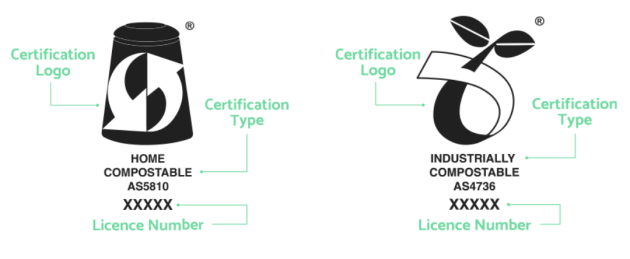Research conducted by the government-supported initiative Compost Connect, alongside Australian B Corp BioPak, reveals that Australians are keen to correctly dispose of packaging, but challenges remain with logo confusion and council support.
The survey of 1003 Australians indicates that 70 per cent of respondents consider correct disposal in council bins highly important. However, just one in five feel supported by councils in composting efforts.
BioPak CEO and Compost Connect board member, Gary Smith, said, “Aussies are very keen to do the right thing, but there are significant roadblocks, especially with restrictions and legislation from a council, government, and EPA standpoint.”

Despite the challenges, there is growing interest in compostable solutions. One-third of respondents said they already engage in composting, mostly through backyard setups, and 53 per cent expressed interest in home composting. However, only 10 per cent recognised industrial and home compostable logos, underlining the need for better public education.
Smith pointed to successful examples, such as South Australia’s efforts integrating compostable packaging into green FOGO kerbside bins and the Rundle Mall pilot scheme, as evidence that a unified approach can work. He added, “It is our hope that other state Environmental Protection Authorities and councils may follow suit and invest in composting infrastructure and education.”
The findings also show that consumers seek better guidance, with 41 per cent wanting more disposal information on packaging and 52 per cent preferring comprehensive disposal labels on bins. A majority (70 per cent) stated they would look for compostable logos when disposing of packaging in the future.
Dr Thava Palanisami, associate professor at the University of Newcastle and team leader at the Environmental Plastic Innovation Cluster (EPIC), supported the findings, noting the importance of consumer involvement in sustainability efforts.
“It is heartening to witness the growing interest among Australians in composting and recycling,” Dr Palanisami said.
For full report, click here.






